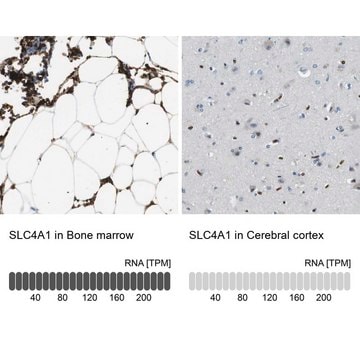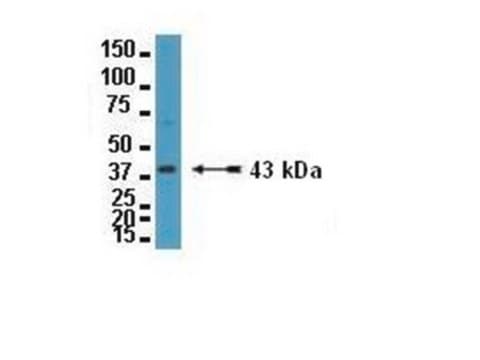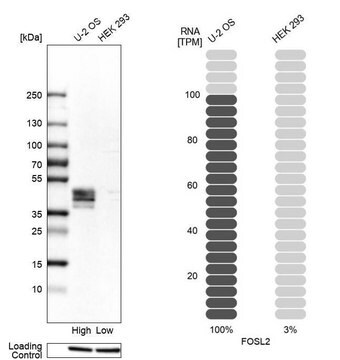MABC39
Anti-LAMP-1 (CD107a) Antibody, clone 1D4B
clone 1D4B, from rat
Synonym(s):
lysosomal-associated membrane protein 1, lysosome-associated membrane glycoprotein 1, Lysosome-associated membrane protein 1, CD107 antigen-like family member A, CD107a antigen
About This Item
Recommended Products
biological source
rat
Quality Level
antibody form
purified immunoglobulin
antibody product type
primary antibodies
clone
1D4B, monoclonal
species reactivity
mouse
technique(s)
flow cytometry: suitable
immunocytochemistry: suitable
immunohistochemistry: suitable
immunoprecipitation (IP): suitable
western blot: suitable
isotype
IgG2aκ
NCBI accession no.
UniProt accession no.
shipped in
wet ice
target post-translational modification
unmodified
Gene Information
mouse ... Lamp1(16783)
General description
Immunogen
Application
Immunocytochemistry Analysis: A previous lot was used by an independent laboratory in IC (Chen, 1985).
Apoptosis & Cancer
Apoptosis - Additional
Tumor Markers
Quality
Western Blot Analysis: 1:50,000 dilution of this antibody detected LAMP-1 in 10 µg of NIH/3T3 cell lysate.
Target description
Physical form
Storage and Stability
Analysis Note
NIH/3T3 cell lysate
Disclaimer
Not finding the right product?
Try our Product Selector Tool.
Storage Class Code
12 - Non Combustible Liquids
WGK
WGK 1
Flash Point(F)
Not applicable
Flash Point(C)
Not applicable
Certificates of Analysis (COA)
Search for Certificates of Analysis (COA) by entering the products Lot/Batch Number. Lot and Batch Numbers can be found on a product’s label following the words ‘Lot’ or ‘Batch’.
Already Own This Product?
Find documentation for the products that you have recently purchased in the Document Library.
Our team of scientists has experience in all areas of research including Life Science, Material Science, Chemical Synthesis, Chromatography, Analytical and many others.
Contact Technical Service








